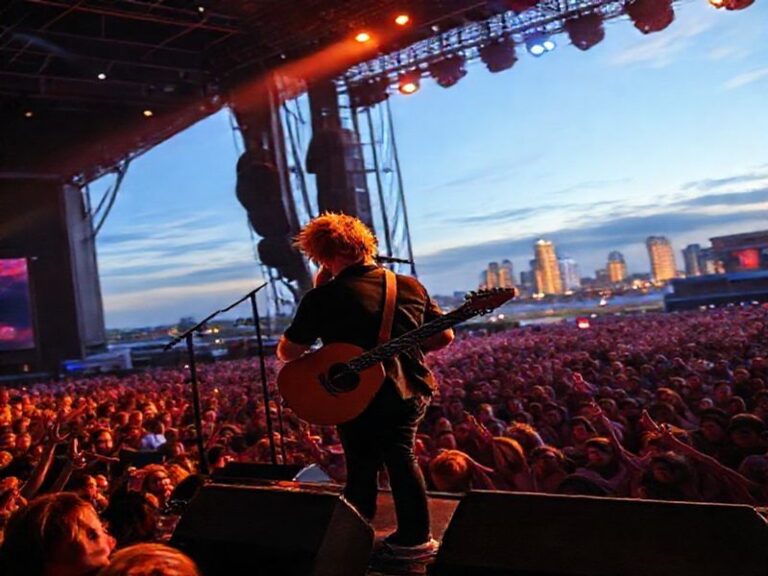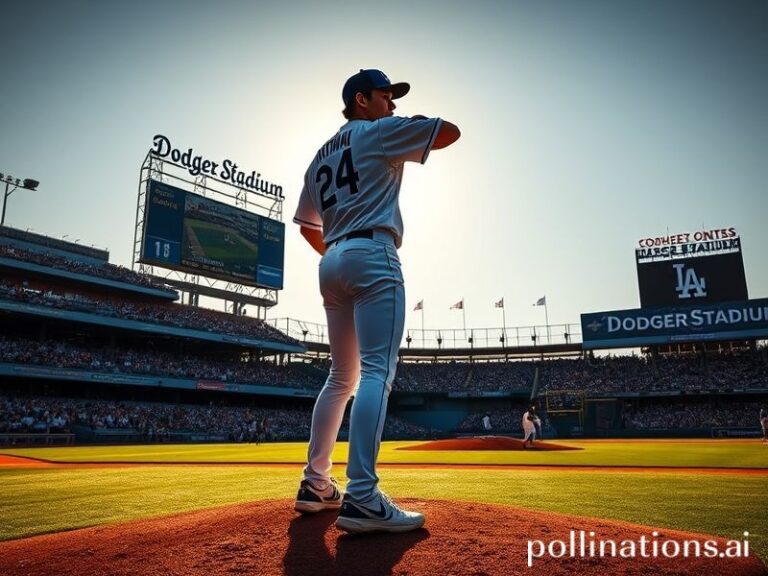Brasileirão: Brazil’s Beautiful Chaos Is the Global Economy in Cleats
The Curious Global Phenomenon of Brasileirão: How Brazil’s Chaotic Football Carnival Became the World’s Favorite Morality Play
By Dave’s Locker International Desk
RIO DE JANEIRO—Every Sunday from May to December, a country roughly the size of the continental United States momentarily forgets its inflation, its political telenovela, and the fact that half the Amazon is currently on back-order to China. Instead, 20 clubs—some of them solvent, most of them not—kick a ball around in a tournament so democratically erratic it makes the Italian parliament look like Swiss clockwork. Welcome to the Brasileirão, the league that exports sublime talent, imports global anxiety, and still manages to schedule make-up matches during Carnival because, well, priorities.
To the uninitiated, the Campeonato Brasileiro Série A appears to be just another domestic league, albeit one whose highlight reels could tranquilize a charging rhino. But zoom out and you’ll see the competition has quietly become the planet’s most reliable metaphor for late-stage capitalism in cleats. European super-clubs hover overhead like vultures wearing Qatar Airways livery, ready to whisk away the latest 18-year-old who just learned how to nutmeg three defenders and file his first tax avoidance scheme in the same afternoon. Meanwhile, the league itself operates on a broadcast-rights deal so lopsided it could be used to teach introductory geology. “We keep digging,” one club president told me between sips of what he insisted was definitely not money-laundered coconut water, “and somehow we end up deeper.”
International investors, bless their spreadsheets, have noticed. American hedge funds now buy slices of player “economic rights” the way their grandparents bought war bonds—except the collateral here has a hamstring prone to popping in the 73rd minute. Chinese property developers briefly tried the same trick, until they discovered that ghost malls back home are easier to maintain than a Brazilian holding midfielder with a TikTok addiction. Even crypto bros parachuted in, promising NFT ticketing that would “revolutionize fan engagement,” a pledge that lasted exactly as long as it took for the first rug-pull to coincide with a 3–0 home loss to Fortaleza.
Yet the show goes on, because Brasileirão is the only league that can sell you hope and schadenfreude in the same transaction. Flamengo’s global fanbase now rivals the population of the Netherlands; their accountants rival the Netherlands’ GDP. Palmeiras wins everything in sight, then immediately fires the coach for “philosophical differences” (translation: he suggested maybe practicing set pieces). And every December some tiny club from the interior stages a Great Escape so cinematic you half-expect Werner Herzog to emerge from the tunnel narrating existential dread in Portuguese.
The geopolitical subplot is equally delicious. When a pandemic-era schedule clash forced players to choose between national duty and club survival, FIFA scolded Brazil; Brazil scolded FIFA; and everyone agreed to pretend the problem didn’t exist, which is how most multilateral crises are resolved these days. Meanwhile, European broadcasters pay record sums to televise matches at 3 a.m. local time, proving once again that insomnia is the final frontier of sports monetization.
And still the conveyor belt whirs. This year’s breakout star will be next year’s Premier League bench ornament, replaced by another kid whose first language is stepovers. The league shrugs, pockets the transfer fee, and invests it in something prudent—like a new private jet for the director’s cousin. Economists call it “Dutch disease”; Brazilians call it Tuesday.
So why does the world keep watching? Because Brasileirão offers the last truly unscripted spectacle left on television. No salary cap, no “super league” cartel, no VAR so sophisticated it needs its own HR department. Just 38 rounds of glorious entropy where relegation-threatened Grêmio can still derail a title chase and the final whistle feels less like an ending than a shrug of cosmic indifference. In an age of choreographed outrage and algorithmic certainty, Brazil’s top flight remains stubbornly, inconveniently human—equal parts samba and self-sabotage, a reminder that the game, like life, is often at its most beautiful when it’s falling apart.
Final score: Football 1, Existential Dread 1. And yes, there will be stoppage time.







